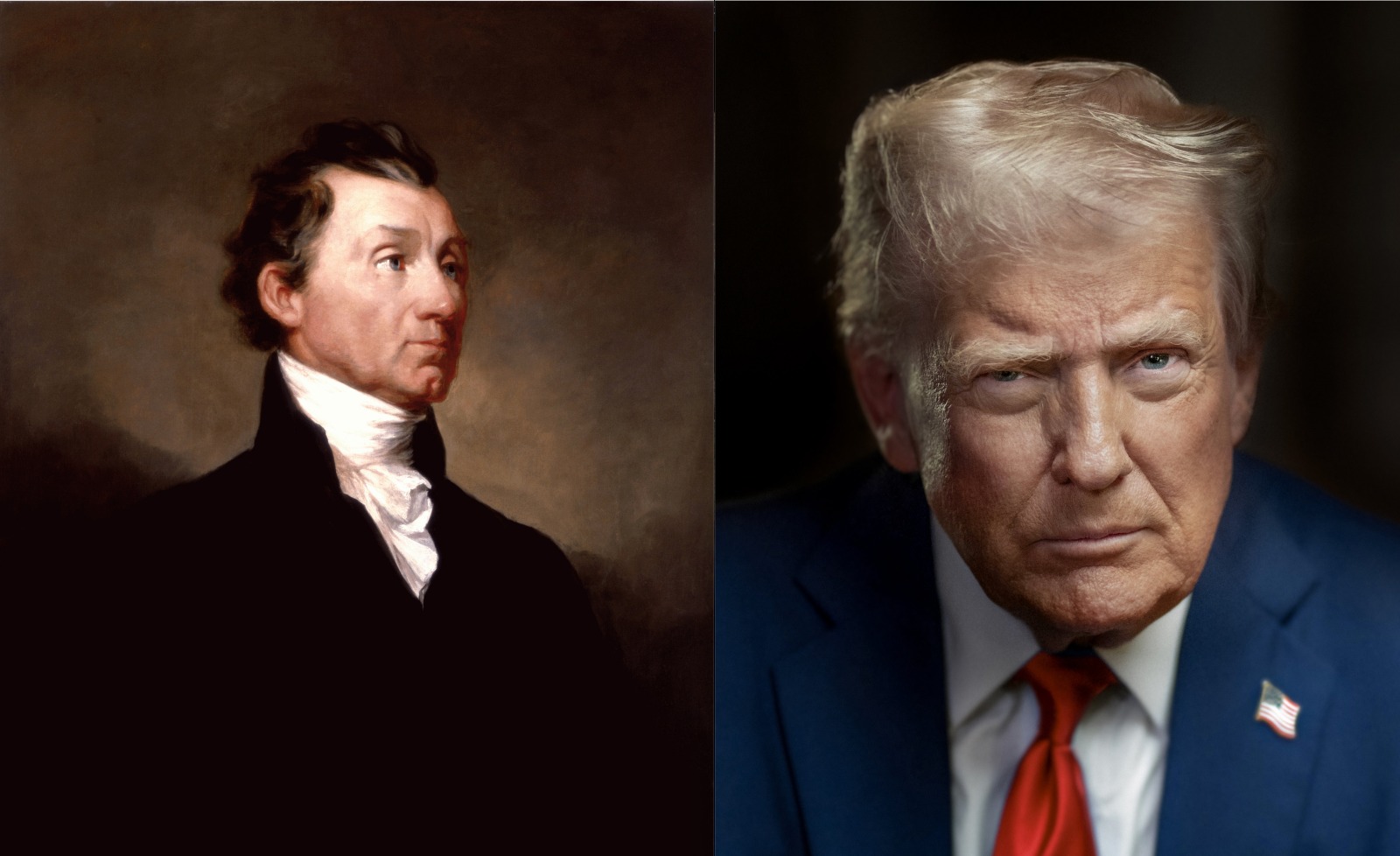Le panafricanisme est né dans la diaspora ; mais il a eu aussi un ancrage dans la pensée et l'action d'une intelligentsia africaine doublement engagée dans un processus de réhabilitation culturelle et de libération politique de l'Afrique. Dans son évolution, le panafricanisme nourri par la pensée humaniste et l'engagement de ses précurseurs va être un important carrefour où se croisent et se fécondent militantisme, réflexion et recherches sur l'Afrique. Il passera de la théorie de l'unité africaine au projet politique d'intégration sous la forme des États-Unis d'Afrique.
L'avènement de l'Union africaine constituera une étape importante dans l'émergence d'un nouveau panafricanisme qui reste confronté aux divergences des États concernant les modalités de l'intégration. La volonté d'accélérer malgré tout le processus s'est traduite par la transformation de la gouvernance de l'Union africaine et la mise en place d'une Autorité politique en lieu et place de la Commission. Le panafricanisme reste attendu sur sa capacité à produire une stratégie pour capitaliser les acquis des expériences actuelles d'intégration régionale et faire de celle-ci un élément de réponse aux défis que vit l'Afrique.
Le panafricanisme au XXIe siècle : racines, enjeux et perspectives
Panafricanism was born in the diaspora ; but it was also anchored in the thought and action of an African intelligentsia both commited into a process of cultural rehabilitation and political liberation of Africa. In its evolution, panafricanism fed by the humanist thought and the commitment of its precursors is going to be an important crossroad where militancy, reflection on Africa are crossed and fertilized. It goes from the theory of African unity to a project of political integration under the shape of the United States of Africa.
The coming African Union will establish an important stage in the emergence of a new Pan-Africanism which remains confronted with the differences of States concerning the modalities of integration. The will to accelerate the process was nevertheless translated by the transformation of the governance of the African Union and the setting up of a political Authority instead of the Commission. Pan-Africanism will be judged on its capacity to produce a strategy to capitalize the experiences of the current regional integration and to make of this one an element of answer for the challenges which Africa lives.









